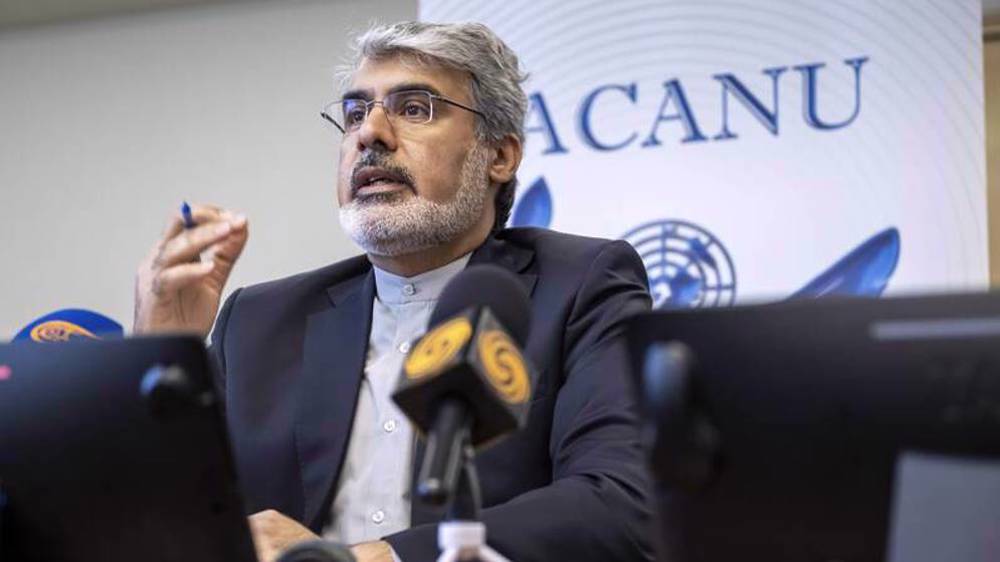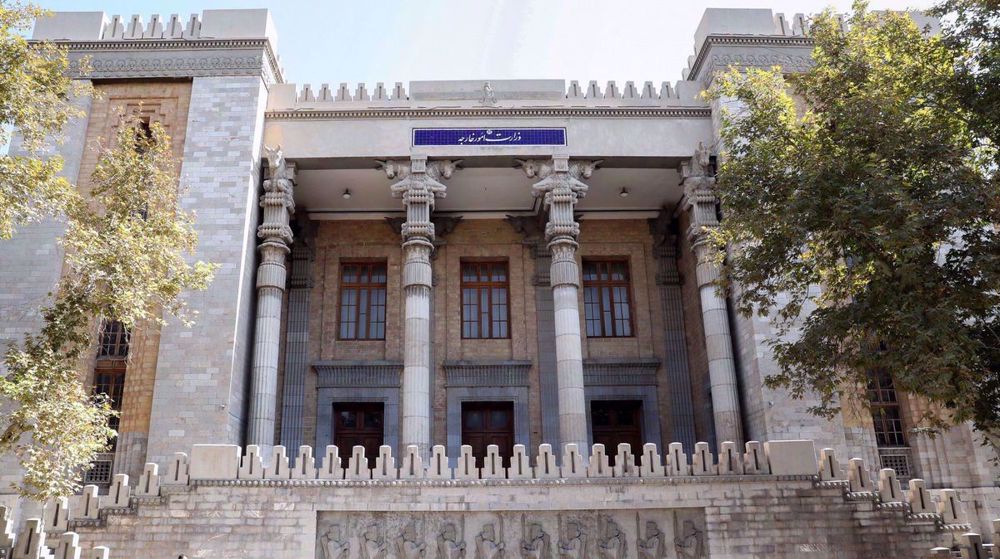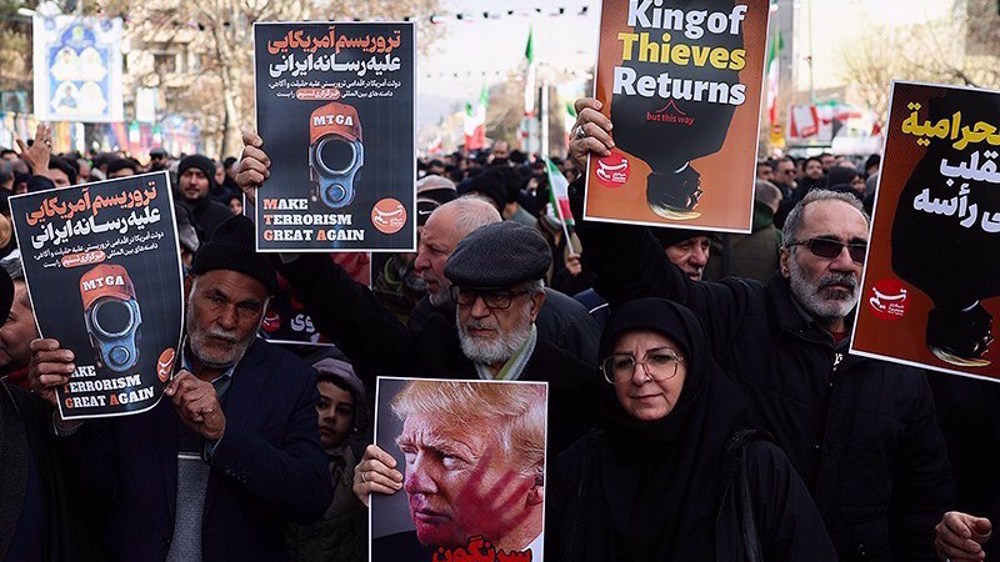Iran nuclear commitment cuts: Gas injection to start at Fordow
President Hassan Rouhani says Iran will start injecting uranium gas into centrifuges at the Fordow enrichment facility on Wednesday, in the latest step the country is taking away from a 2015 multinational nuclear deal in response to the United States' withdrawal.
In a Tuesday speech broadcast live on TV, Rouhani said the Atomic Energy Organization of Iran (AEOI) will be ordered to begin the gas injection process at the Fordow nuclear facility — where 1,044 centrifuges are installed — under the supervision of the International Atomic Energy Agency (IAEA) on Wednesday.
He, however, reaffirmed that all actions Iran has so far taken to reduce its commitments under the nuclear deal remain reversible.
The president said Iran is ready to resume its nuclear commitments when the remaining parties to the deal — officially called the Joint Comprehensive Plan of Action (JCPOA) — fulfill their end of the bargain.
Under the JCPOA, Iran agreed to repurpose its Fordow Fuel Enrichment Plant as a center for the production of stable isotopes, which have important applications in industry, agriculture and medicine.
The deal allowed the first-generation IR-1 centrifuges at Fordow to spin without uranium gas, while over 5,000 at Iran’s Natanz facility could enrich uranium.
“We know their sensitivity with regard to Fordow… [and] these centrifuges,” Rouhani said, referring to the Western states that negotiated the accord with Tehran. “But at the same time when they uphold their commitments, we will cut off the gas again...So it is possible to reverse this step.”
Iran, he added, cannot continue to uphold its side of the agreement unilaterally, while the other parties keep failing Tehran.
President Rouhani further expressed Iran’s readiness to restart nuclear talks with member states of the P5+1 group — the US, France, Britain, Germany, Russia and China — if Washington returns to the deal and removes all the “wrong, cruel and illegal” sanctions it has re-imposed on Iran after abandoning it last year.
On Monday, Iran officially started injecting gas into advanced IR-6 centrifuges at its Natanz Nuclear Facility, where 60 IR-6 centrifuge machines are running.
Despite the US’s abrupt exit from the Iran deal, Tehran remained fully compliant with the international document, giving time to the remaining co-signatories to fulfill their legal undertakings and protect Iran’s economy against the reinstated US bans.
Iran, however, began to gradually reduce its JCPOA commitments after the three European parties failed to put their verbal support for the deal into action.
The reciprocal measures are in compliance with Articles 26 and 36 of the JCPOA.
Ukraine war talks begin in UAE as Russia repeats Donbas demand
Iran slams UNHRC session as illegitimate, says no submission to foreign pressure
Six-month-old boy freezes to death in Gaza amid Israel's inhumane blockade
VIDEO | Protestors in South Africa slam US interference in other countries’ affairs
Israel runs smear campaign against Doctors Without Borders: Report
Iran slams EU parliament’s ‘meddlesome, irresponsible’ resolution on terrorist riots
Iran rejects Trump’s claim on executions as ‘completely false’
VIDEO | Israel silencing truth










 This makes it easy to access the Press TV website
This makes it easy to access the Press TV website